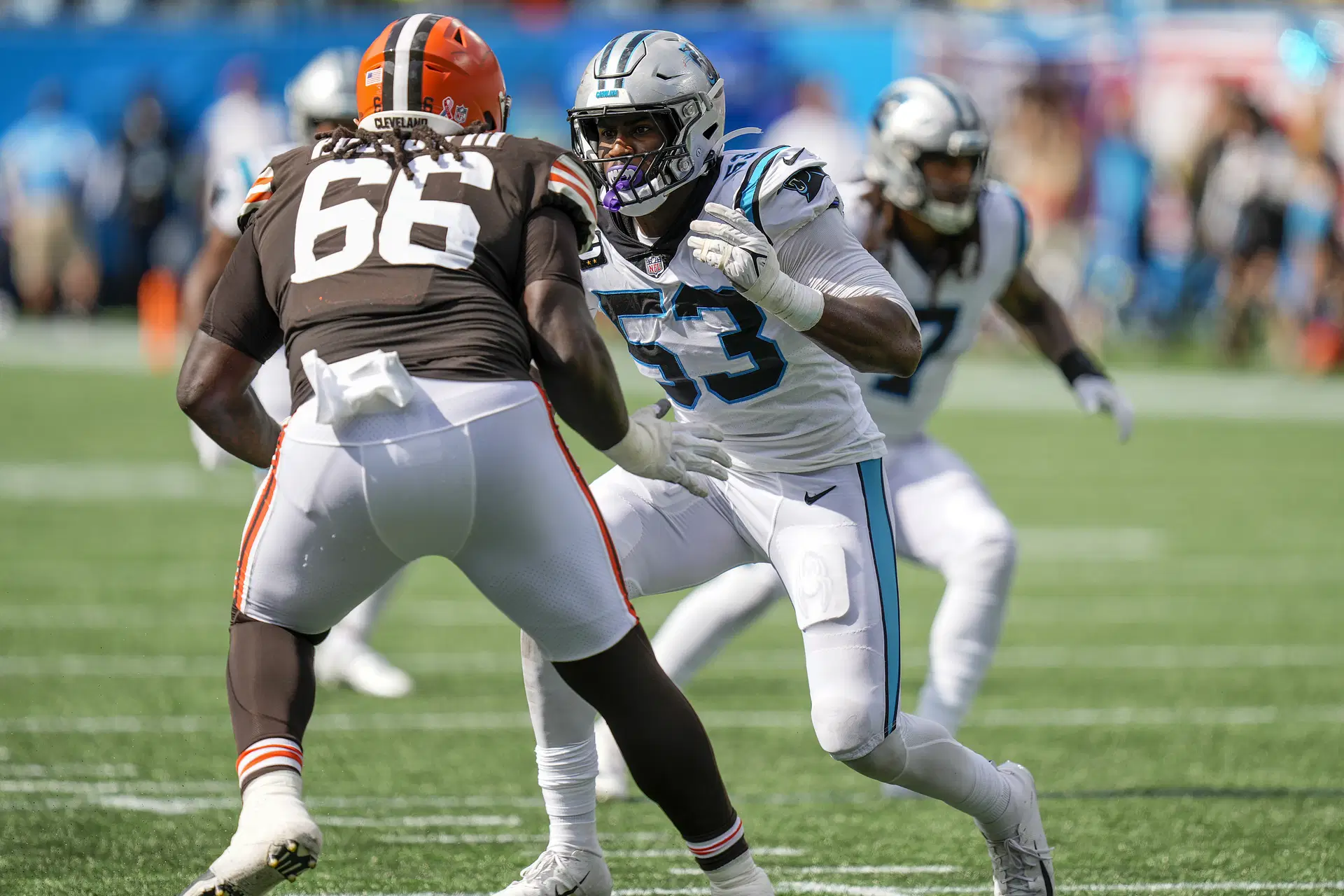Doctor Who just wrapped up its two-part finale. It began last week with the intriguing concept of a backwards world, where our queer Doctor (Ncuti Gatwa) was married to companion Belinda (Varada Sethtu) in a blueprint nuclear family household, along with Poppy (Sienna-Robyn Mavanga-Phipps), the daughter they never had, and no memories of their time-travelling adventures.
But as the mystery started to unravel, all the qualities that made the situation compelling fell apart – and this sums up my experience with the trajectory of two key characters: companion Belinda Chandra and antagonist Mrs Flood (Anita Dobson).
Both were introduced with mysterious origins and complex dynamics. Fans had speculated for weeks how their motivations would clash with the Doctor, but it turned out that these signs of promise were nothing more than a dangling carrot.
Spoilers for Doctor Who season 15
Mrs Flood’s build-up was a complete waste
We all now know that Mrs Flood is a villain from Classic Who: The Rani. Well… not THE Rani, A Rani. Put simply, Mrs. Flood was immediately knocked down a peg by being immediately replaced with the true Rani (Archie Panjabi) during the bi-generation scene during the Interstellar Song Contest episode.
BBC/Disney/Bad Wolf Studios
Keep in mind that Flood was first introduced during Fifteen’s debut back in Christmas 2023. She broke the fourth wall, something rarely seen in Doctor Who, and continued to pop up ominously throughout Gatwa’s tenure.
During that time, fans have speculated about her true identity, with some getting it spot on. Sadly, the groundbreaking reveal I expected from the show was more of a whimper than a bang.
This was tacked on as an underwhelming post-credits scene, with incredibly flat dialogue – even the background music felt cheap for something that was meant to be monumental and shocking.
From there on, Dobson was simply second fiddle to Panjabi. She was quite literally waved out of the room, and even at one point told to go make a sandwich for someone else, rather than plotting and scheming (yes, really).
It seemed that Flood was getting agitated with her other half’s treatment, and I thought this might lead to an interesting clash between the two Ranis, but that never went anywhere either. Instead, Panjabi’s Rani got gobbled up by the original timelord Omega in all his horrendous CGI glory, while Flood just teleported away.
I’m still baffled by the need for two Ranis in the first place – other than to remind audiences that bi-generation is a thing. Dobson may as well have not been there, and to have an actress as well-known and accomplished as she is to be kicked to the curb in this fashion is a real disservice.
I do want to give Panjabi credit for bringing the wicked campness that the Rani is known for, but the writing did not do this antagonist justice. We were thrown new twists every few minutes that overshadowed a villain that Fifteen’s entire run had been building towards.
But if Mrs Flood’s writing is bad, then the final ending for Belinda is truly unforgivable.
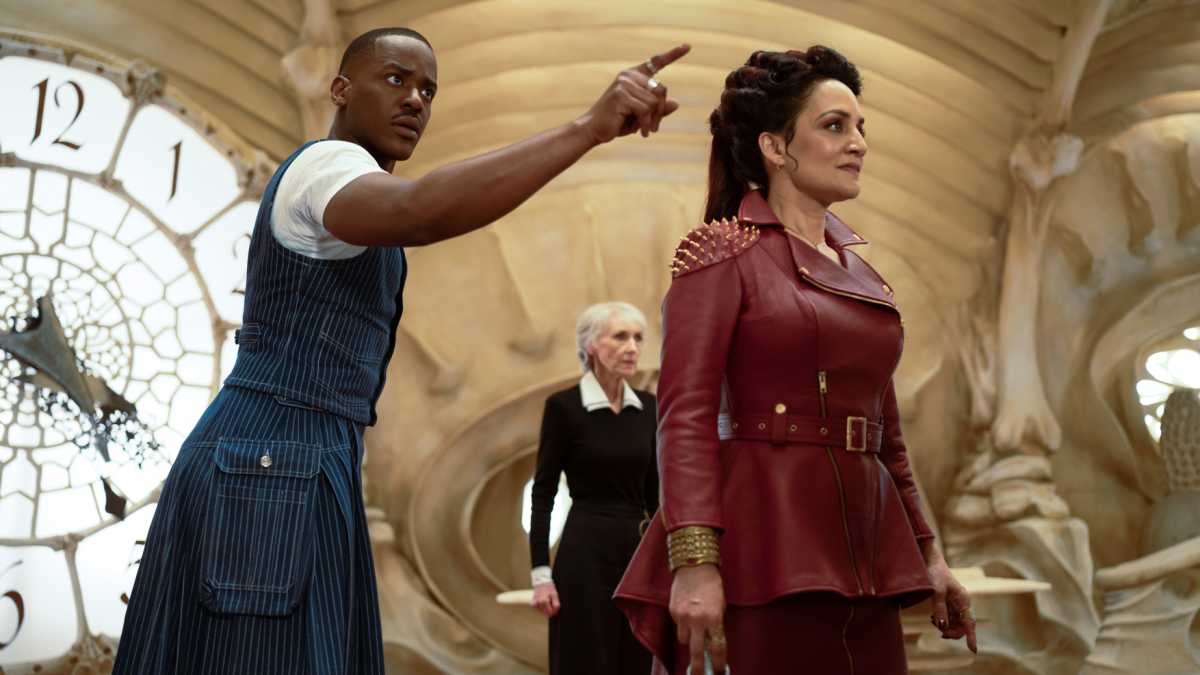
BBC Studios/Bad Wolf/James Pardon
Belinda became nothing more than a tradwife
In episode one, Belinda captured everyone’s attention.
Here’s a companion who isn’t afraid to question the Doctor’s assumptions that every person he meets is happy to go on an adventure. Here’s someone who values her work as a nurse, who knows her responsibilities and wouldn’t shirk them for anything, even when she’s on an entirely different planet.
At times, she went against the Doctor’s orders during adventures. She was a challenge.
She talks frequently of her parents, how worried they must be while she was away. And we’ve seen how extended family plays into the storylines of companions before – take Jackie Tyler, Wilfred Mott and Carla Sunday as just a few examples. I was intrigued to meet them and see what they made of the time-travelling alien who had essentially stolen their daughter away.
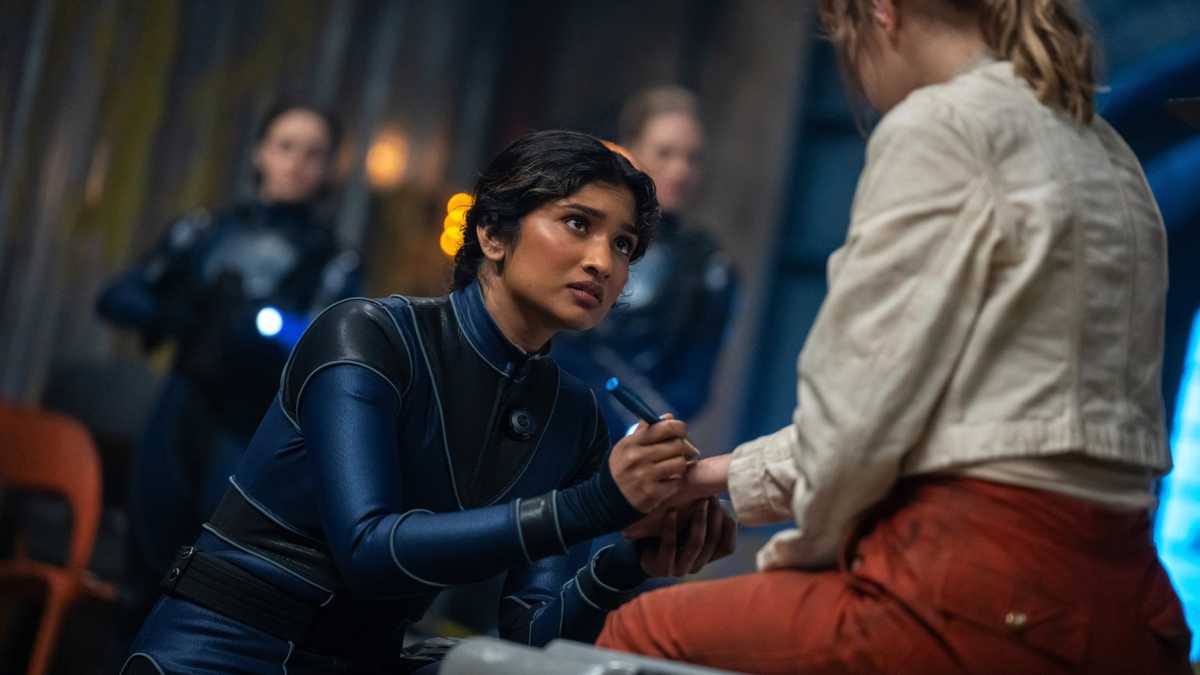
BBC Studios/Bad Wolf/James Pardon
As we entered the final two episodes, all these dimensions seemed to be forgotten. In Wish World, we saw that in Conrad’s utopia, Belinda was now a stay-at-home mum to Poppy (Sienna-Robyn Mavanga-Phipps), and married to ‘John Smith’, AKA The Doctor.
How laughable, I thought at the time. Belinda is a young, ambitious woman who wants more from her life. I trusted that the story would eventually reveal Poppy to be a mirage, or something more complicated like The Timeless Child, a controversial plot from Whittaker’s era of Who.
But no. Belinda was apparently always destined to be just a mum to Poppy, and nothing more.
Now, there’s nothing wrong with transitioning someone’s story into parenthood. We’ve seen Doctor Who tackle this type of plot before with Amy Pond and Melody. Motherhood became an extension of who she was, but she still retained the feisty personality that we all loved her for.
The problem here is that this development for Belinda came from nowhere, and every other quality that made her complex in the first place was completely demoted in favour of this child-shaped plot device – the majority of her dialogue was complaining to other characters about saving Poppy.
Belinda was quite literally locked in a box with Poppy (and I mean literally, there was even a shot of her standing in silence in UNIT HQ, trapped) while all the other characters went on to save the day, including last season’s companion, Ruby. Again, no disrespect to Millie Gibson, but why doesn’t the current star of the show get to shine?
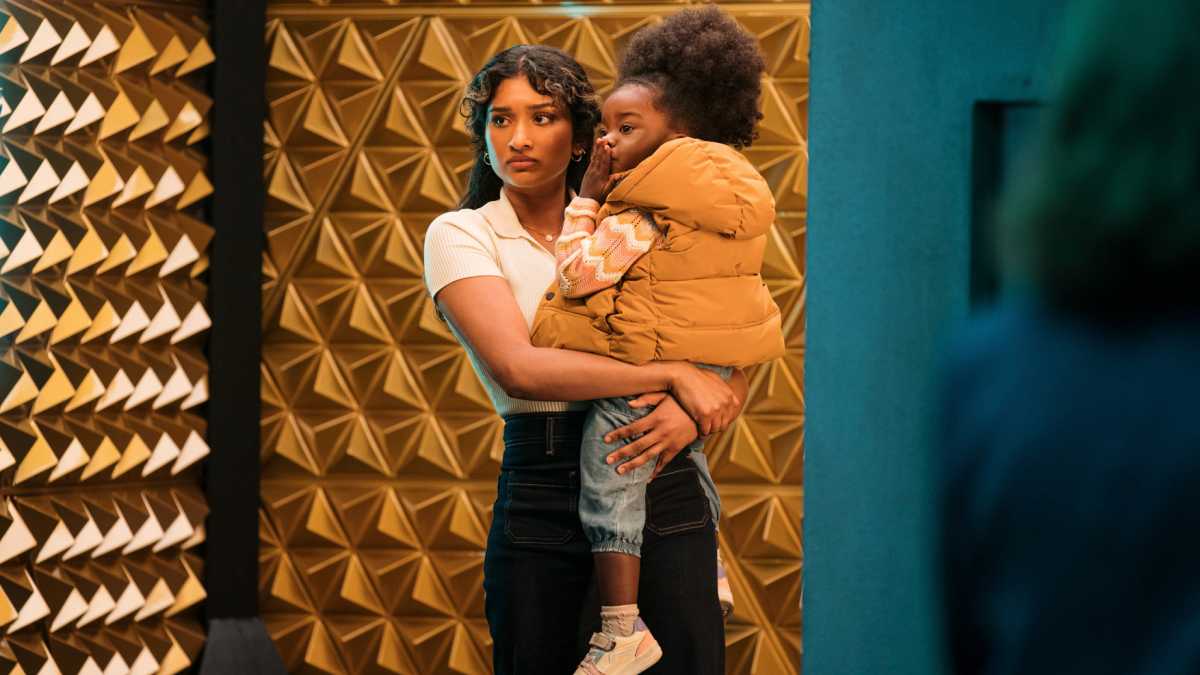
The disappointing ‘Belinda box’ in action
BBC Studios/Bad Wolf/Dan Fearon
Poppy eventually disappeared, and I thought that finally Belinda might be free – I saw her former personality begin to reemerge. But as soon as Fifteen realised there was a chance they could save this child, a child that at this point Belinda didn’t even remember due to the universe shifting, her personality flipped right back to solely caring about Poppy.
The last interaction between the Doctor and Belinda was the final nail in the coffin. Poppy had been miraculously brought into existence, and while the Doctor was no longer her father (that honour was given to some random ex that we never saw), Belinda was still her mother.
The universe was rewritten to make it seem as if every decision Belinda made was because she wanted to get home to Poppy, and that takes away so much of her depth. Plus, the show never gave any indication of her wanting to be a mother, or any other clue that this was the direction the plot was heading.
We got a brief cameo from Belinda’s mother, whom we’d heard so much about earlier in the season. But yet again, this interaction was centred around Poppy. She never told her parents the truth about her time-travelling adventures, and we never even got to meet Belinda’s father onscreen.
It felt like the plot was rushing ahead to get to the final shocking scene and just dealing with Belinda as quickly as possible.
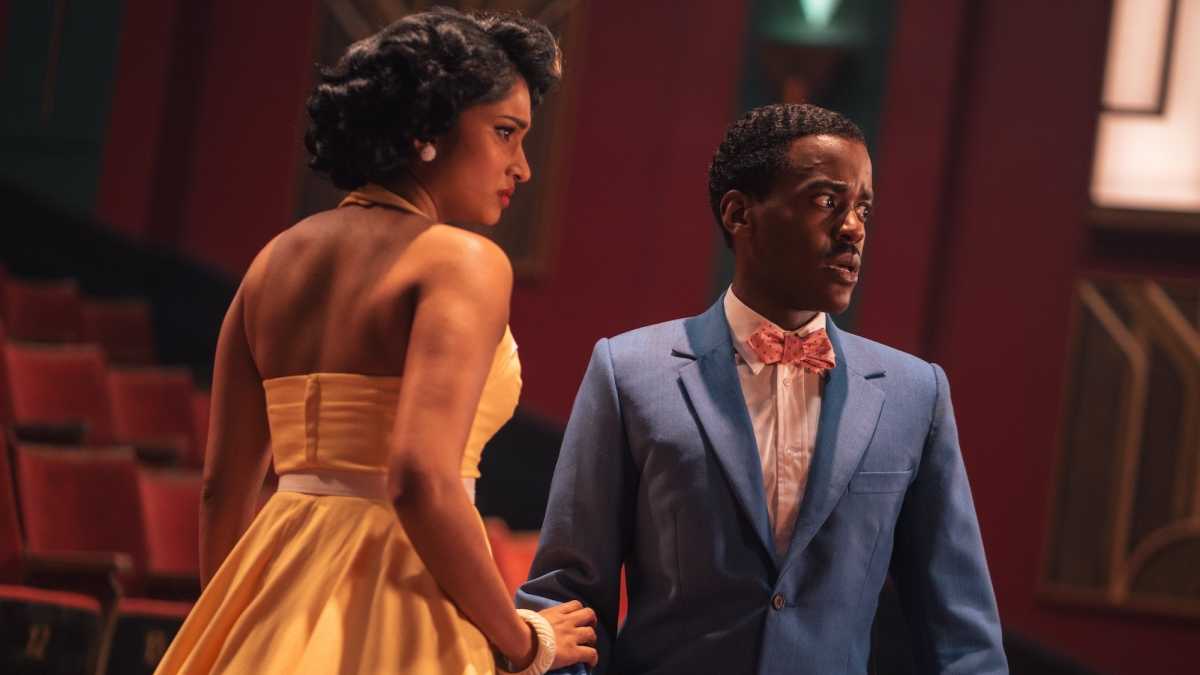
James Pardon/BBC Studios/Disney/Bad Wolf
And what a fate she’s left with. At the start of the season, she was questioning the ethics of the Doctor scanning her body virtually without her consent. But now, she’s completely fine and dandy with essentially being forced into becoming a single mother, while the original father (the Doctor) swans off to pastures new? That’s one step too far for this writer.
I want to stay hopeful for the future of Doctor Who, but this finale was a mess, with Belinda and the Rani getting the brunt of the impact. Maybe it was down to only having eight episodes to tell a plot arc, or the uncertainty of Gatwa’s future (and that of the show generally) caused some upheavals in the writers’ room.
Whatever the reasons, I hope Doctor Who learns from these mistakes. For a show that has been breaking boundaries when it comes to representation on screen, both these female characters deserved better than stereotypical gender tropes, such as becoming ‘just a mother’ and being ordered to go and make a sandwich.
Related articles








